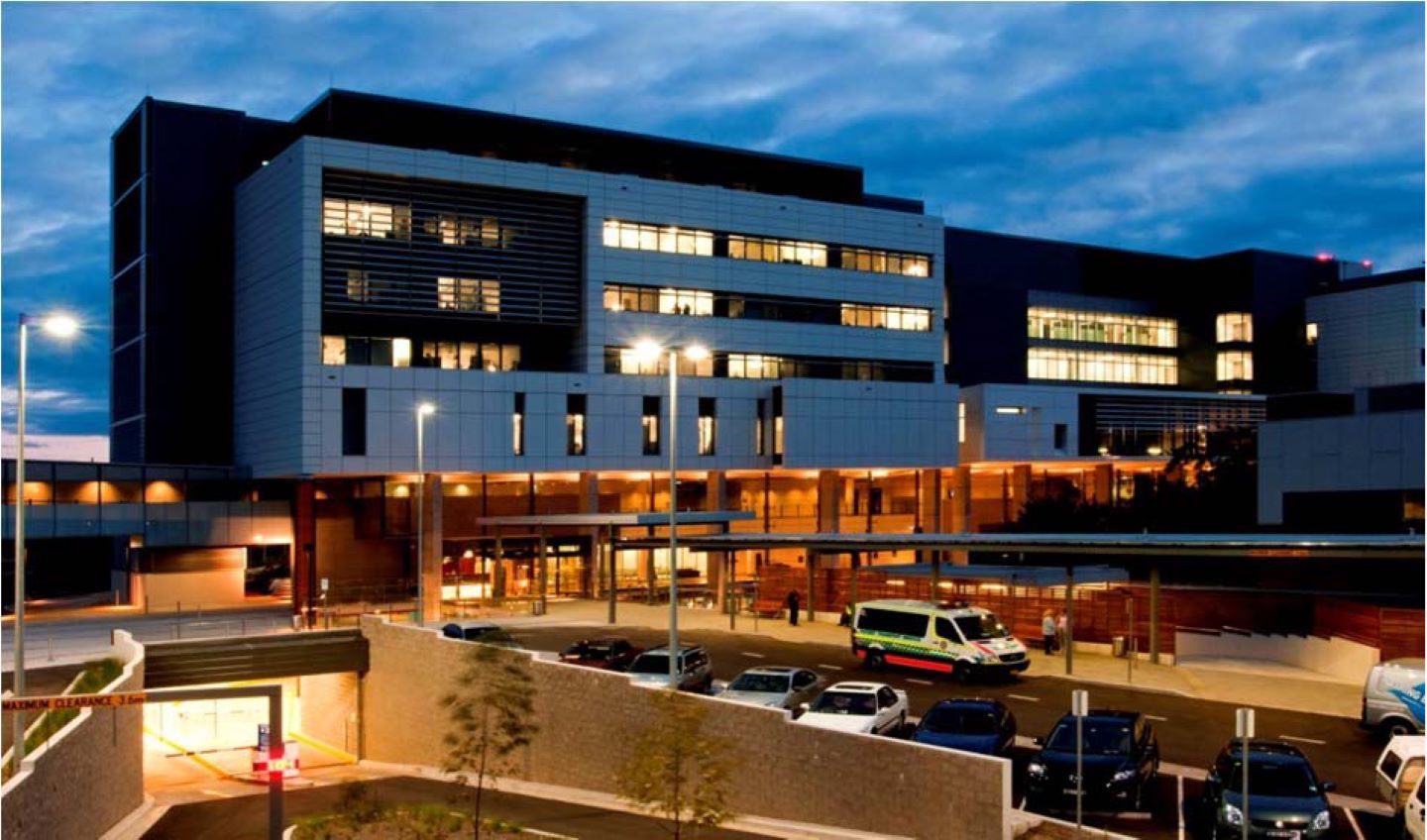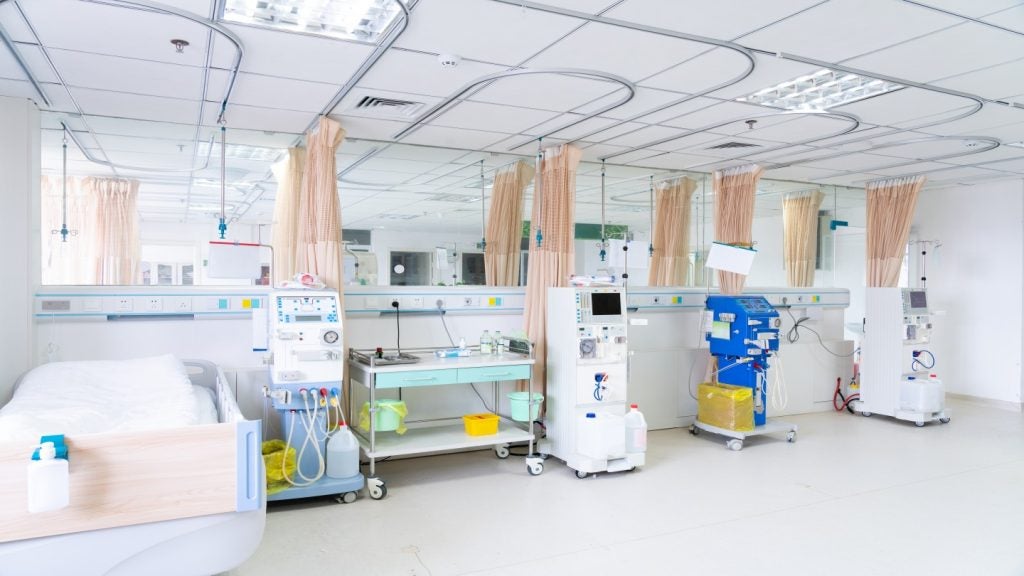
Australia-based Liverpool Hospital has entered a partnership with tech giant Microsoft to develop a generative artificial intelligence (AI)-powered solution for cardiologists.
Dubbed ‘The Cardiology Canon’, the tool will use Microsoft Azure OpenAI Service.
It aims to aid cardiologists in searching through wide-ranging cardiology-linked guidelines and literature, thereby facilitating decision-making in their clinical practice.
Cardiology is an ever-evolving field, which makes it difficult for doctors to stay updated on the currently available evidence to practise in the sector.
Liverpool Hospital and Microsoft carried out a thought experiment to analyse the feasibility of leveraging generative AI to design a prototype that permits a physician to interact with wide-ranging literature in cardiology.
This tool is based on clinical trials from the last four decades and guidelines from cardiac societies in the US, Australia, and Europe.
How well do you really know your competitors?
Access the most comprehensive Company Profiles on the market, powered by GlobalData. Save hours of research. Gain competitive edge.

Thank you!
Your download email will arrive shortly
Not ready to buy yet? Download a free sample
We are confident about the unique quality of our Company Profiles. However, we want you to make the most beneficial decision for your business, so we offer a free sample that you can download by submitting the below form
By GlobalDataThe Microsoft Technology Centre team analysed nearly 500 individual documents and 80,000 pages to make a cognitive vector search index.
Liverpool Hospital Cardiology Advanced trainee Dr Hao Tran said: “We worked with Microsoft technologists to create a bespoke prototype to allow cardiologists and anyone training in the field to query vast volumes of literature to answer clinical questions or make nuanced comparisons, traversing the significant body of literature.
“The solution also successfully generated a comprehensive six-day training programme on aortic stenosis, a common clinical problem among patients and generated comprehensive learning resources in hours, rather than days.”
A recent report published by Microsoft and the Tech Council of Australia identified healthcare as a key economic sector that could benefit from generative AI.
The report showed that the technology could automate 25% and improve 5% of nursing activities, enabling nurses to spend more one-on-one time with patients.
It also noted that by 2025, 30% of new drugs could be discovered with the help of this technology.







